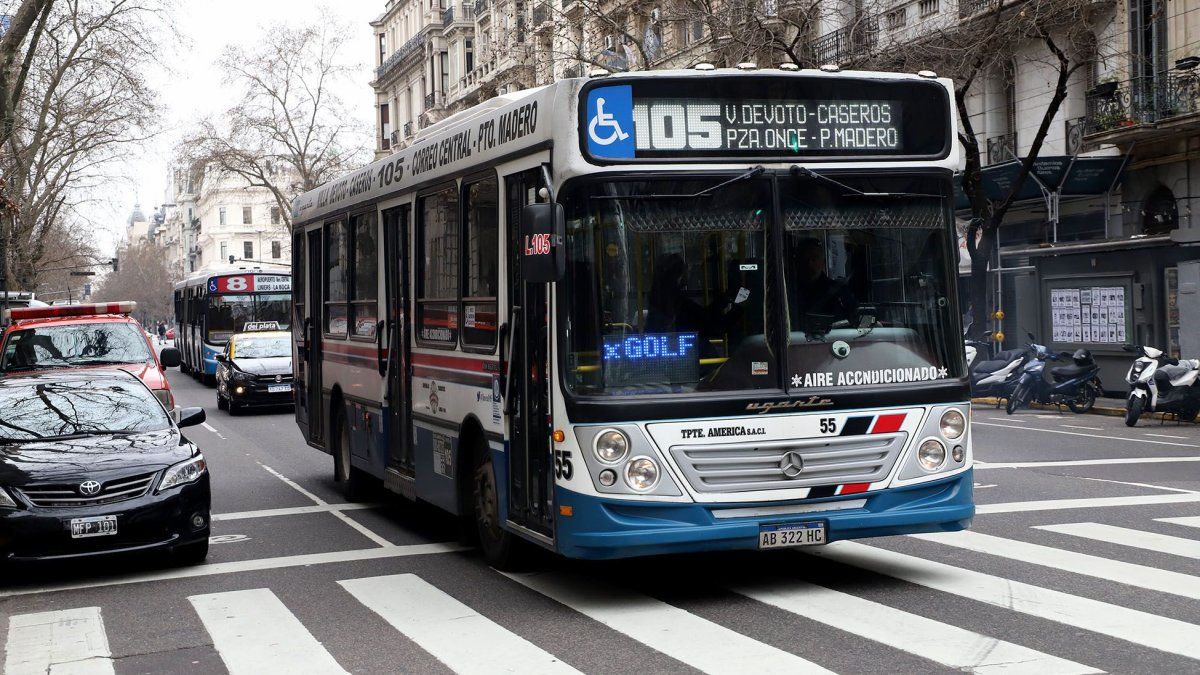Menu
City puts fare increase on hold, but companies push for a $1,400 ticket
Categories
Most Read
Transport: Full ships despite the calm – shipping companies defy the crisis
October 14, 2025
No Comments
TAMAR and the surety exceeded 70%
October 13, 2025
No Comments
Carlos Melconian warned that the agreement with the US only prolongs the life of the exchange market
October 13, 2025
No Comments
How can it impact the trade relationship with China?
October 13, 2025
No Comments
the tricks you have to know before buying at SHEIN
October 13, 2025
No Comments
Latest Posts

Alec Baldwin: Actor involved in car accident
October 14, 2025
No Comments
Lisa HarrisI am an author and journalist who has worked in the entertainment industry for over a decade. I currently work as a news editor

World Cup qualification: Lucky Woltemade: Pat on the back for a shoulder goal
October 14, 2025
No Comments
PierceI am Pierce Boyd, a driven and ambitious professional working in the news industry. I have been writing for 24 Hours Worlds for over five

National soccer team: Goalkeeping debate annoys Nagelsmann: “Not productive”
October 14, 2025
No Comments
PierceI am Pierce Boyd, a driven and ambitious professional working in the news industry. I have been writing for 24 Hours Worlds for over five
24 Hours Worlds is a comprehensive source of instant world current affairs, offering up-to-the-minute coverage of breaking news and events from around the globe. With a team of experienced journalists and experts on hand 24/7.

